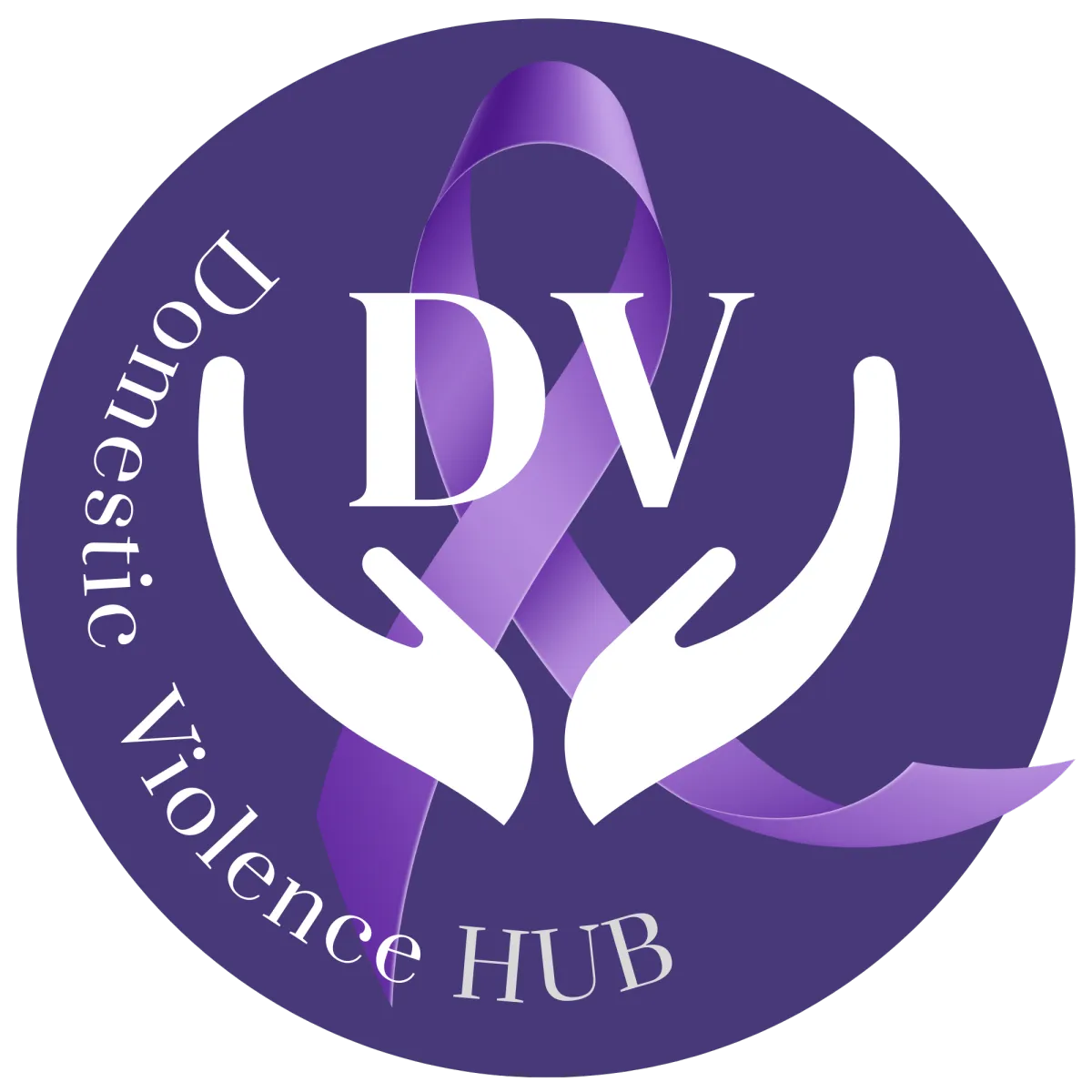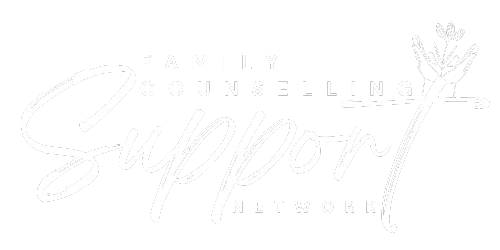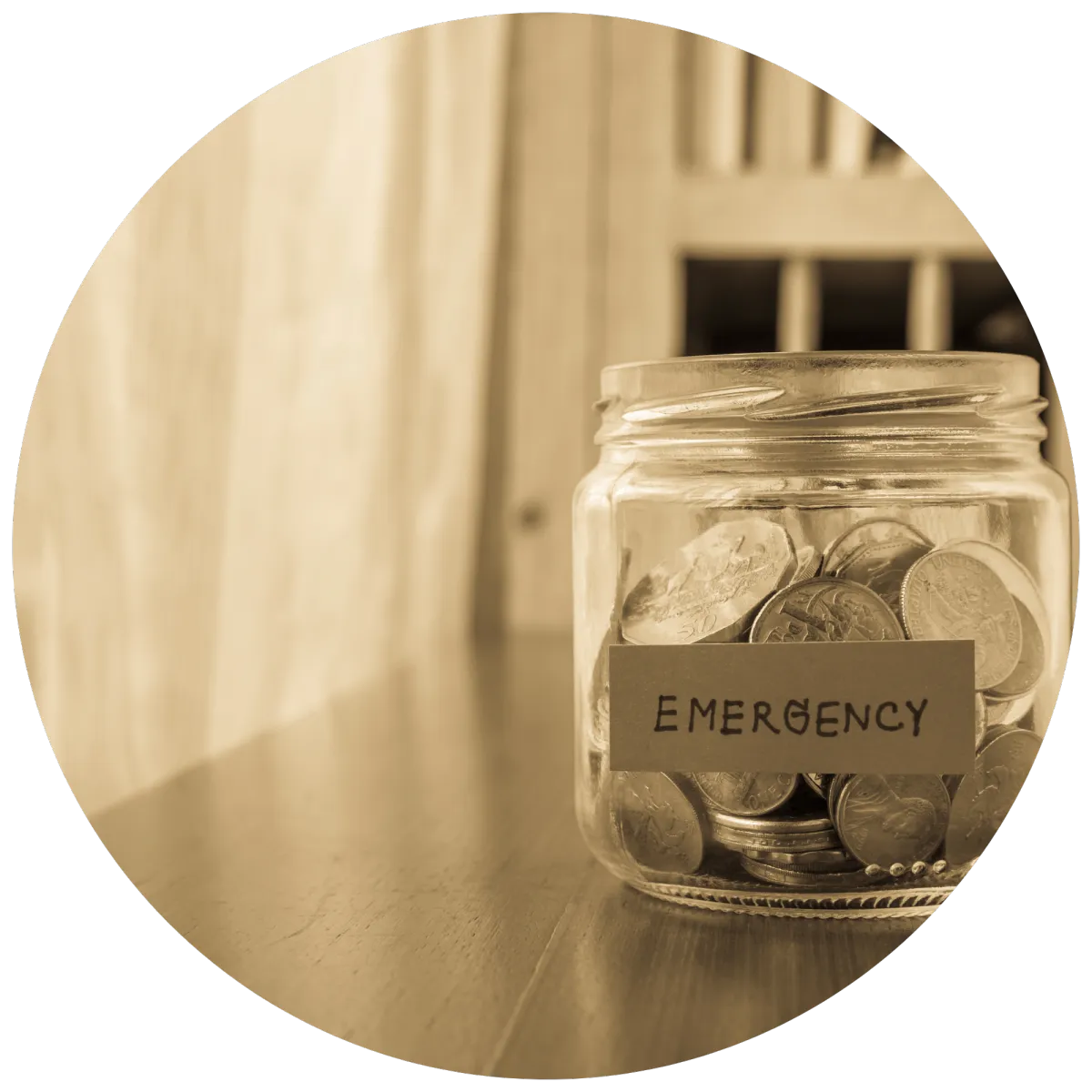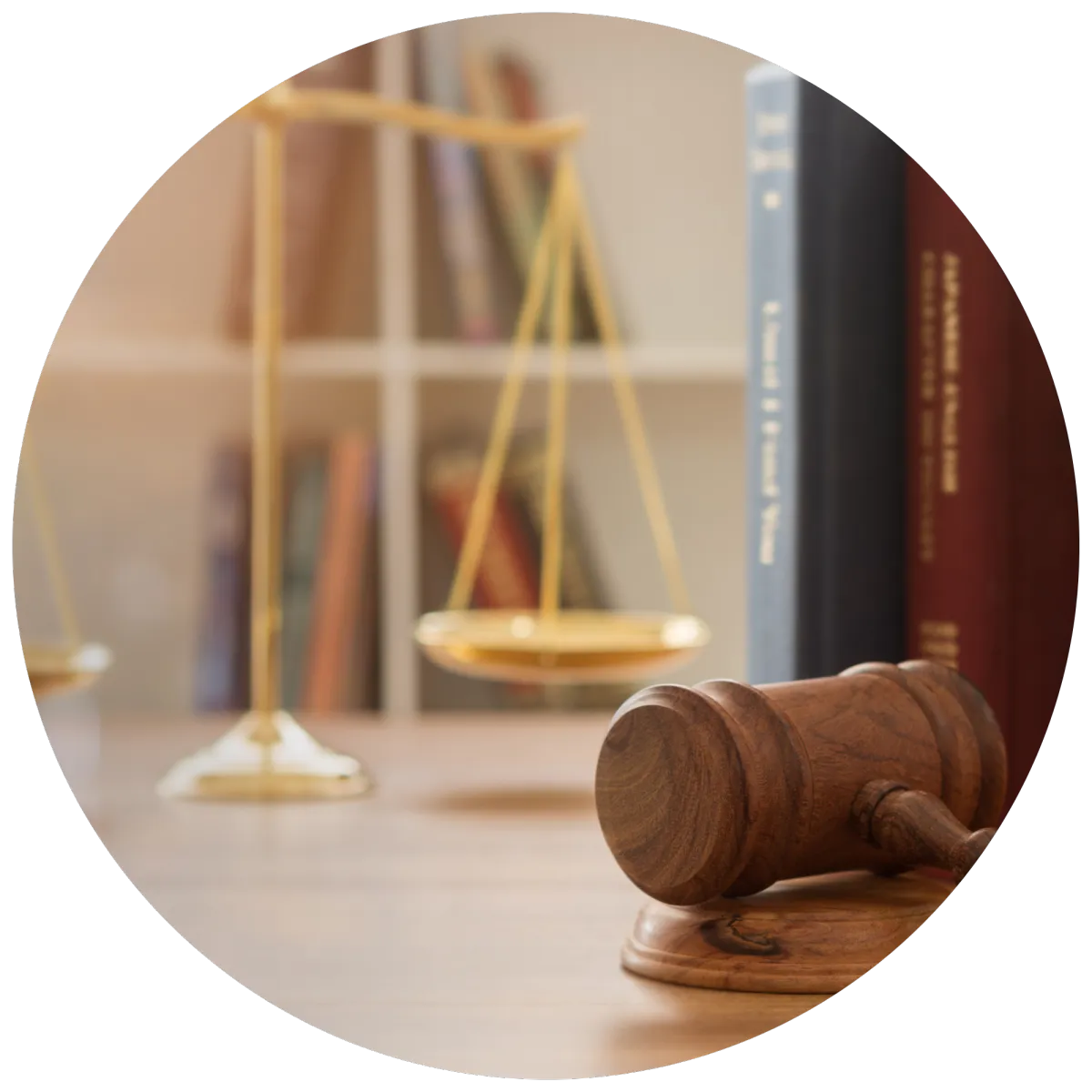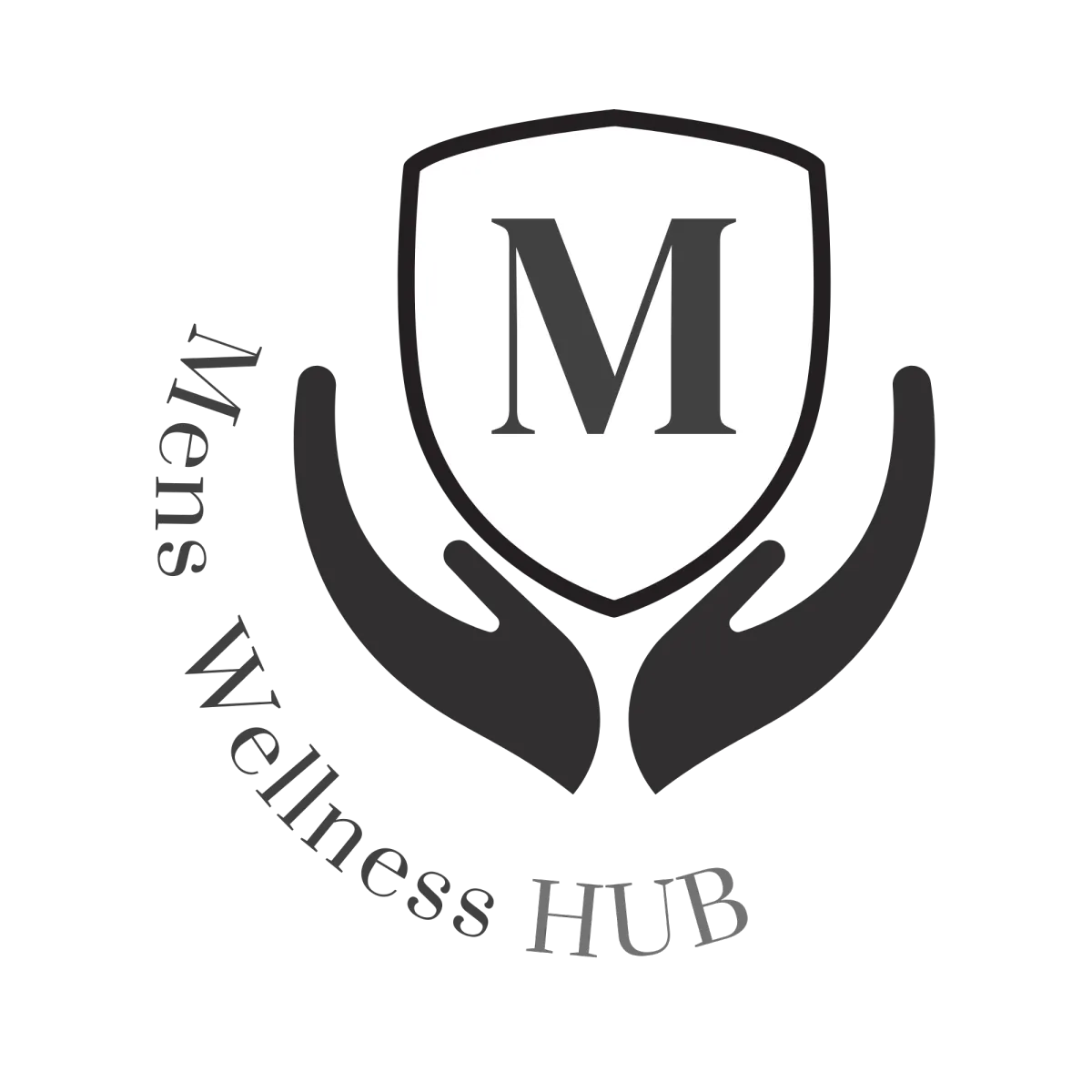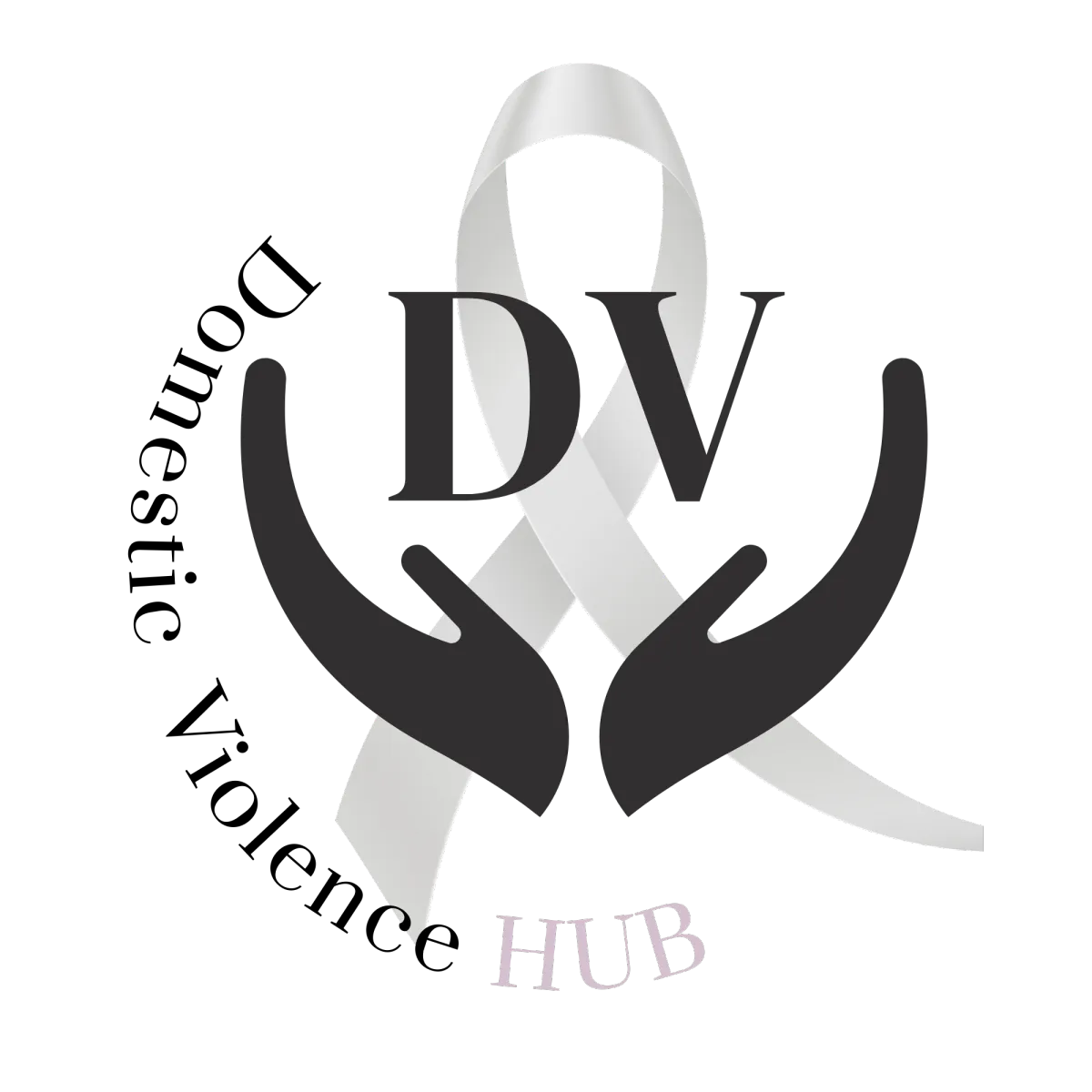Emergency Access to Financial assistance
The DV Support Hub, provides FREE consolidated information on Australian domestic and family violence matters.
It is just one of the many hubs provided for free through Family Counselling Support Network, to Australians. If you, or are family member, are facing family and domestic violence or supporting someone who is, this hub provides information, resources and a guide on how to find support, keep safe, access resources and move forward safely with independence and greater confidence.
We endeavour to keep this information as up to date as possible.
This site is dedicated to the memory of all those who have lost their lives and the resilience of survivors.
If you have arrived at this hub because you or your loved one or friend is in need of support, we are extremely proud of you.
If you have arrived at this hub because you are seeking support to help find solutions to deal with your emotions, great move, we are also here for you to get the support you need.
Please know there is love and support for you. You've Got This.
There is never an excuse for abuse.

I need emergency financial assistance
Emergency food and bills
What government assistance can I get?
What if I am not eligible for government assistance?
What if I am not an Australian citizen?
How do I get debt assistance
How can the bank help me?
What if I don't have any identification?
Getting a loan
How can I get free or affordable legal support?
Ongoing financial assistance (non emergency)
Financial management assistance
How to access child support
What is Financial Abuse and how to get help
Elder financial abuse
Employment services to help me get a job
Gambling help
INDEX
1. I need emergency financial assistance. What options are available in Australia?
2. I need emergency food and help to pay bills. What options are available in Australia
3. What government benefits are available to me?
4. What if I am not eligible for government assistance? or not an Australian citizen?
5. How can the bank help me?
6. How do I get debt assistance
7. What ID do I need and what if I dont have it?
8. How do I access child support payments?
9. What is financial abuse? Elder financial abuse?
10. What is credit reporting?
11. How do I get debt helping with my gambling addiction?
12. How can I get help getting a job?
13. How can I get cheap or free legal help?
14. Non-emergency financial assistance.
Introduction:
Worries about money and finances are common for people affected by domestic and family violence.
It is important to know that Australia has many services that can help you with your money and financial problems.
You do not need to feel trapped in a violent situation because of money or financial worries. It is important however to consider how to apply and have payments made to you safely. You may need to change your details or nominee arrangements to receive a payment safely.
1f you are in a situation of danger now, please call 000 (and ask for police support).
If you are experiencing family violence and need immediate support or advice, call 1800 RESPECT (phone: 1800 737 732).
I NEED EMERGENCY FINANCIAL ASSISTANCE
In Australia call 1800 RESPECT for advice
If you live in Australia, it is a great ideal to initially contact 1800 RESPECT to find out about financial support services in Australia which may be able to assist you.
Apply for the Escaping Violence Payment - Uniting Care payment
If you are experiencing violence and are requiring financial assistance please go to the Uniting Care website who administer the Escaping Violence Payment.
The Escaping Violence Payment program (EVP) program can help you move forward and set up a home free of violence.
The Escaping Violence Payment program (EVP) is available to anyone who is experiencing violence from their partners. You may be eligible for up to $5,000 support package in financial assistance.
This includes being subjected to violence which is:
-Physically, verbally or sexually abusive
-Emotionally, spiritually or psychologically abusive-
-Financially abusive
-Threatening, coercive, or seeks to control or dominate the other person.
The payment is available if you are:
🫂Australian citizen, permanent resident or holder of a protected special category visa living in Australia
🫂18 years or over
🫂Experiencing financial stress and have not accessed EVP in the last 12 months
🫂Planning to change or have changed your living arrangements within the last 12 weeks due to intimate partner violence
Please note: All of the requirements detailed here must be met in order to be eligible.
PLEASE NOTE: 2024/2025
In May 2024, the Leaving Violence Payment was announced by the Australian Government. From mid-2025 the Escaping Violence Payment will transition to the Leaving Violence Payment program. Eligible individuals will be able to access the Payment, regardless of their visa status. Details about how to access this payment will be updated from mid-2025.
Key points about the EVP:
The new wait time to receive the Escaping Violence Payment (EVP) is a 27-day improvement on the previous average of 33 business days victims were
expected to wait for their applications to be processed.
The EVP total package consists of a $1,500 cash payment in addition to other goods and services to help survivors establish a new violence free home.
If you are looking to leave a violent partner, or have recently left and you are struggling with the finances to live your life in safety, you could also be eligible for:
🫂Up to $1500 in financial assistance such as vouchers for essential items
🫂Goods and services such as removalists, bonds or basics for a new home
🫂Wrap-around support including casework from the EVP provider.
To find out more on the EVP, including how to access it go to Escaping Violence Program or phone 1800 EVP EVP (1800 387 387)
See the video below.
,Emergency Relief - Food and Bills
Emergency relief supports people experiencing financial distress or hardship and who have limited means to ease their financial situation.
Emergency relief services are delivered by charities and community organisations and help people address immediate basic needs in times of crisis.
The type of assistance offered by each organisation varies, however may include one-off assistance such as:
✅meals, food parcels or food vouchers
✅transport vouchers
✅chemist vouchers
✅clothing or furniture
✅part-payment of utility bills such as electricity, gas and water
✅help with back-to-school costs
✅budgeting assistance.
How do I find all the emergency relief in my area?
For a list of emergency relief services in your state or territory, see the Department of Social Service Grant Services Directory (link)
There are more than 1300 outlets for emergency relief across Australia. You can find your closest service by:
🫂using the Ask Izzy search tool
🫂calling the Salvation Army on 13 72 58
🫂calling St Vincent de Paul Society on 13 18 12
🫂calling Anglicare on 1300 111 278
🫂contacting your local church, community centre or community organisation and find out where emergency relief is provided in your area.
When you speak to the provider explain your circumstances. They will help you with the process of getting the emergency relief that you need.
Other emergency food options you can contact:
Foodbank
Australia
Oz Harvest
Second Bite
GOVERNMENT BENEFITS- CENTRELINK PAYMENTS - Through Services Australia
Centrelink provides a payment to people eligible for income support - 132 850 or Centrelink indigenous call centre on 1800 136 380.
Centrelink Crisis Payment
There are different types of Crisis Payments for different circumstances. You may be eligible for a one-off non-taxable payment if you have experienced an extreme circumstance and are in severe financial hardship. Each type of Crisis payment has its own eligibility criteria.
To get a Crisis Payment you need to meet eligibility criteria for the type of Crisis Payment you are claiming AND you must meet all the
following criteria:
🫂Be in severe financial hardship AND
🫂Receive or be eligible to receive a Centrelink income support payment or ABSTUDY Living Allowance AND
Be experiencing one of the following extreme circumstances:
🫂Family and Domestic Violence – you have experienced an incident of family and domestic violence
🫂Disaster – you have had to leave your home because of a natural or other disaster not covered by a disaster relief payment
🫂Humanitarian – you have arrived in Australia as a humanitarian entrant for the first time
🫂Confinement – you were released from prison or psychiatric confinement.
Other – you had to change where you live for another reason such as fire, flood or community violence.
If you are eligible, the payment is equal to one week of your income support payment or ABSTUDY Living Allowance.
Please note - Steps to Claim
✅You must contact Services Australia (Centrelink) within 7 days of your living arrangements changing after a family and domestic violence incident. This means you may need to change your details or nominee arrangements before you start your claim.
✅In most cases you can still claim a Crisis Payment even if you get emergency relief from community organisations or charities.
✅It is important to consider how to make the payment claim safely. This may include changing your details or nominee arrangements.
✅As part of the claim process, you will have to speak with a social worker who will ask you for evidence of the extreme circumstance AND permission to contact someone else who can confirm your circumstances.
✅You will need to prove your identity before you can claim a payment or service. You will need a Centrelink Customer Reference Number (CRN). If you are having difficulty getting documents to prove your ID, you can contact Services Australia.
✅The easiest way to claim is online. You will need a Centrelink online account linked to myGov. If you have a nominee they can claim online for you, but they'll need to have their own myGov account.
✅If you do not have a myGov Account or a Centrelink online account, you will need to set them up.
If you can't claim on line you can call them on or visit one of Service Australia's service centres. You will then need to speak with a Social Worker who will assess your claim.
(details on how to do this refer to: servicesaustralia.gov.au - how to apply for a crisis payment.)
For more information about Centrelink Crisis Payments see Services Australia – Crisis Payment.
Centrelink Advance Payment
If you receive a Centrelink income support payment or Family Tax Benefit (Part A) and need to access additional funds, you may qualify for a Centrelink Advance Payment.
Please note: This is not an extra payment. You will need to pay this money back over time out of future payments from Centrelink. If you qualify, the advance payment will be paid to you as a lump sum. The amount you can get as an advance depends on which payment you are getting from Centrelink. In most cases, you can access a Centrelink advance payment twice a year.
For more information about Centrelink Advance Payments see Services Australia – Advance Payment.
Centrelink – other payments you may be eligible for:
If your income has reduced or your circumstances have changed, you should apply for all government assistance payments for which you are eligible.
Centrelink provides a range of payments and services. These include Job Seeker payment, rent assistance, family tax benefit A and B, health-care and concession cards, and more.
You can check what payments and other assistance you could be entitled to by using the Centrelink Payment and Service Finder.
NON-AUSTRALIAN CITIZEN FINANCIAL SUPPORT (YET TO COMPLETE THIS INFORMATION)
Temporary Visa Holder financial support
If you are a temporary visa holder in Australia experiencing violence and require financial assistance, support is available. The Temporary Visa Holders Experience Pilot is available to eligible individuals.
Red Cross – Family and Domestic Violence Financial Assistance Program
The program can provide financial support to people who are not Australian citizens or Permanent Residents, and are experiencing or at risk of family and domestic violence (FDV), and are experiencing financial hardship.
The Red Cross FDV Financial Assistance program may can help eligible people with:
payments of up to $5,000 to help cover expenses such as accommodation, food and medical care
referrals to specialist service support coordination for up to 3 months.
There is more information, including how to apply....
HOW DO I GET DEBT ASSISTANCE?
National Debt Helpline
Call them for free advice on debt: 1800 007 007
Call weekdays 9:30am – 4:30pm
Live chat weekdays 9:00am – 8:00pm
What to expect:
Mob Strong Debt Helpline
Aboriginal and Torres Strait Islander peoples can also call the free on 1800 808 488
The helpline is open Monday to Friday, 9:30am to 4:30pm
What to expect:
Housing Support - emergency or temporary accommodation costs
If you are homeless, or at risk of homelessness, there are services across Australia that can help with emergency or temporary accommodation, rental bond, applying for social housing and other housing assistance.
The telephone services listed below are run by government and community organisations and are a good first point of contact.
You can contact the telephone service in your state or territory for more information and assistance.
Australian Capital Territory OneLink Phone: 1800 176 468 Mon – Fri 8 am to 6 pm
New South Wales Link2Home Phone: 1800 152 152 24 hours a day. 7 days a week.
Northern Territory ShelterMe
This is a website directory of all homeless services for people living in the NT.
Queensland Homeless Hotline Phone: 1800 474 753 24 hours a day. 7 days a week.
South Australia Homeless Connect SA Phone: 1800 003 308 24 hours a day. 7 days a week.
Tasmania Housing Connect Phone: 1800 800 588 24 hours a day. 7 days a week.
Victoria Housing Vic Phone: 1800 825 955 24 hours a day. 7 days a week.
Western Australia Entrypoint Perth
Phone: 1800 124 684
Mon – Fri 9 am to 7pm
Saturday 9am to 5pm
Closed Sundays and public holidays
DEALING WITH THE BANKS
Financial hardship assistance
If you are struggling to make repayments on your credit accounts or have experienced an unexpected change to your circumstances that might impact your ability to make your repayments, contact your lender to discuss hardship assistance as soon as possible.
Financial hardship means you are having trouble meeting repayments for your loans or other debt. This could be because of an unexpected change in your circumstances (such as illness or injury, loss of income or being affected by a natural disaster).
Get help early to avoid late fees and other charges, or being noted as defaulting on your loan
If you take no action, your credit report and credit score can be negatively impacted and affect your borrowing capacity in the future.
If you struggle or anticipate not being able to make repayments in the near future, get in touch with your lender about hardship assistance as soon as possible.
Depending on your circumstances, you and your lender may agree to a financial hardship arrangement.
How can lenders help?
Lenders have well-established programs to assist you if you are having financial difficulties. Remember that financial hardship can affect anyone, and lenders have experience helping their customers to get back on track.
Your lender will discuss arrangement options with you, considering:
-The type of loan or credit you have
-The reasons you are struggling to make repayments
-Whether those reasons are likely to be short or long-term.
It is important to get in touch with your lender as soon as you are experiencing financial hardship and have trouble making your credit account payments – and then work with them to find a solution.
What is a financial hardship arrangement?
A financial hardship arrangement is an agreement between you and your lender to adjust your credit card, personal loan, car loan or mortgage repayment obligations, after something has happened that has affected your ability to pay them.
There are two types of financial hardship arrangements:
-Temporary financial hardship arrangement which reduces or defers your regular repayments for a period of time, e.g. reduced payments for a couple of months or deferral.
-Variation financial hardship arrangement which changes the terms of your loan, e.g. an extension of the remaining term of the loan to permanently reduce the monthly payments.
Am I guaranteed a hardship arrangement?
If you ask for financial hardship assistance your lender will consider your circumstances to work out what sort of arrangement is best for your. Your lender is not obliged to agree to a financial hardship arrangement. Instead, it will depend on their assessment of your financial circumstances and why your repayments are overdue.
If you ask for financial hardship assistance, your lender will look at your circumstances to work out what sort of arrangement is best for you. Sometimes, they might not agree to enter a financial hardship arrangement, and this can happen for a couple of different reasons, such as:
They believe that you are unlikely to meet your obligation to repay the debt (even if your payments were reduced) and won’t be able to afford to meet your commitments in the long-term. Therefore, agreeing to reduce payments temporarily, could just add to your overall debt, as more interest and fees get added to the loan.
They feel that you’re not really experiencing financial hardship, and that while you can actually afford the loan payments, you’re instead choosing to spend money on non-essential items, rather than your credit repayments.
What if the lender does not agree to the hardship arrangement?
If the lender does not agree to a financial hardship arrangement, they must:
Provide the reason for the decline, in writing, and
Inform you of your right to complain to the Australian Financial Complaints Authority.
Who can see if I have had financial hardship arrangement?
A bank, credit union or licensed finance company may be able to see whether you have been in an arrangement
– but they must always have a valid reason to check your credit report.
If you use a broker to help you find a loan and give them consent to check your credit report, they will also see whether you have been in a financial hardship arrangement.
What’s more, information about financial hardship arrangements only stays on your credit report for 12 months after the arrangement has finished.
Therefore, if you apply for credit during that period, your credit report may prompt a potential lender to ask a few more questions to find out whether you are still experiencing hardship and if you can afford the new loan or credit.
Can I still apply for credit in the future?
It’s important to remember that asking for financial hardship arrangement does not exclude you from applying for credit in the future.
If your credit report has financial hardship information, a potential lender might just ask you for some more information about your current situation, to find out if you are still experiencing hardship and if you can afford the new loan.
In fact, negotiating a financial hardship arrangement with your lender suggests that you are a responsible borrower who is willing to work with your lender to get back on track with repayments.
Of course, no matter what has happened in the past, making your agreed repayments on time now will help you look better in the eyes of other lenders.
The information about financial hardship arrangements is only recorded on your credit report if your repayment history is also being recorded for that debt.
Businesses that provide other credit, such as phone, internet, gas, and electricity companies, can’t provide your repayment history to credit reporting bodies. So, if you enter a financial hardship arrangement with these businesses, it won’t be shown on your credit report.
However, if you are struggling to make payments, it’s still important to talk to your phone, internet, gas, and electricity company.
Missed payments for those accounts could eventually result in a default or even a court order, which would be recorded on your credit report.
So, even though the actual hardship arrangement with your telco or utilities company won’t appear on your credit report, the agreement can help prevent a default or court order from being recorded.
Will the arrangement affect my credit rating?
According to Monday a hardship arrangement will not reduce your credit score.
Under the law, financial hardship information cannot be used by a credit reporting body to calculate a credit score.
Seeking financial hardship assistance also does not exclude you from applying for credit in the future.
If your credit report has financial hardship information, a potential lender may ask you for more information about your current situation to understand whether you are still experiencing hardship and if you can afford the loan or credit account.
No matter what has happened over the last 12 or 24 months, making your agreed repayments on time now will help you look better to other lenders in the future. Financial hardship information will remain on your credit report for 12 months after the final repayment is made under the arrangement.
NO INTEREST LOANS SCHEME
No Interest Loans Scheme (NILS) is a community-based program that provides access to fair and safe loans for eligible people, including people who have experienced family or domestic violence in the last 10 years.
More information about NILS, including provider locations and eligibility requirements, can be found at the Good Shepherd website (provide link) or by calling 13 64 57. (www.goodshep.org,au).Good Shepherd is Australia's oldest and longest-running not-for-profit that specifically supports women, girls and families.
You can borrow up to $2000 for: household items (fridge, washing machine, furniture and more)Education fees and equipment laptop and technology car repairs and registration medical and dental costs.
Borrow up to $3000 for:
Bond and rent in advance
Rates
If you have been impacted by a natural disaster.
Financial counselling and advice programs
Run by Good Shepherd - www.goodshep.org.au
This can assist you to develop a healthy relationship with money and become financially secure.
They provide assistance:
addressing issues such as credit card debt, rent, utility arrears, loan defaults and phone contracts
negotating with creditors and lenders
establishing financial stability and future savings plans
referring to other services such as family violence and mental health services.
Financial Independence Hub
This is a free and confidential service supporting people who have experienced financial abuse to feel more confident with money and plan for the future, If you have experienced financial abuse, and are ready to take practical steps to build your long-term financial independence, we are here to support you.
If you need this kind of support, you can:
Search 1800RESPECT Service Directory for emergency relief services near you Contact 1800RESPECT for a referral:
call 1800 737 732,
text0458 737 732 or visit their website for an online chat and video call services.
Information on local Emergency Relief services to support people experiencing financial distress or hardship is available on the Department of Social Services website or call 1300 653 227. (more info).
WHAT IS FINANCIAL ABUSE AND HOW TO GET HELP
It can be difficult to know how to make the first step when you have been impacted by financial abuse. Depending on your situation, the steps may be different. It is important to know there are organisations and programs that can support you.
Here are some things to consider when reaching out for support:
Be in a safe space
You can access support to recover from financial abuse at any stage of your journey.
1800RESPECT is the national domestic, family and sexual violence counselling, referrals, information and support service.
If you don’t know what to say to the counsellors, start by telling them about your situation and asking “is this normal” or “is this abuse?”
Work with support networks for safety planning and financial planning.
Understanding financial abuse or economic abuse
Financial abuse happens when someone uses money to control you, have power over you, scare or restrict you.
Someone who is financially abusive might also use things you own, or things you both own (such as property), to cause problems for you.
Sometimes you might not even be aware that it is happening to you. People who control others financially can often convince you that their way of “managing” money is for the best, or they may convince you that you don’t know how to manage money.
What are the warning signs of financial abuse?
A common warning sign is being excluded from financial decision making or excluded from having access to information about your or your household’s money. There will be a pattern to the behaviour as it usually happens again and again. You may not even be aware of how it started and usually it gets worse over time. Sometimes other types of abuse are going on at the same time. If financial abuse is being used to scare and control you, it is a form of
domestic and family violence and it is not OK.
Who can experience financial abuse?
Financial abuse can happen to anyone, regardless of how wealthy you are, your ethnic background, gender, age and ability. It can happen at any time of a relationship, even after you have separated or divorced.
Many people who experience domestic and family violence have also experienced financial abuse, If you or someone you know is experiencing financial abuse, you can call 1800RESPECT on 1800 737 732 , text 0458 737 732 or visit the website for
for an online chat and video call services.
You can also get free confidential advice from a financial counsellor by calling the National Debt Helpline on
1800 007 007 between 9.30am and 4.30pm. You can also find a financial counsellor in your area on the National Debt Helpline website.
Who is responsible for financial abuse?
Financial abuse can happen in any relationship, including with boyfriends, girlfriends, partners, husbands or wives, Ex-boyfriends, ex-girlfriends, ex-partners, ex-husbands or ex-wives, Carers or paid support workers, Parents, guardians or other family members, adult children, other people you live with or see often, whether inside or outside the home.
None of these people has the right to force or pressure you into letting them control your money or the things you own.
Financial abuse might include someone:
🫂Stopping you from having money that is yours
🫂Forcing you to pay for things you don't want or need
🫂Forcing or pressuring you to giving your money to them or someone else
🫂Controlling or taking your pension, benefits, or pay
🫂Forcing or pressuring you to giving them control of your money, payments, bank accounts or property
🫂Not allowing you to see bills, loans or bank account statements (or access bank apps)
🫂Forcing or pressuring you to sell your property or possessions
🫂Taking or selling your property or possessions without your permission
🫂Forcing or pressuring you to sign documents, such as loans, mortgages, credit cards, debit cards, Centrelink claims and phone contracts
🫂Forcing or pressuring you to sign a document that gives someone else control of your money, property or financial decisions
🫂Taking out loans or running up debts in your name
🫂Not letting you use joint bank accounts for normal household expenses
🫂Stopping you or interfering with your work or ability to look for work
🫂Stopping you or interfering with your schooling, studying, or your ability to go to school
🫂Forcing you to work and not giving you access to your wages
🫂Refusing to pay for things you need, such as food, medicine, or disability-related equipment
🫂Refusing to use their money to support you and your children (when they are your partner or the parent of your children) or contributing to household expenses
🫂Hiding assets and money
🫂Receiving low-value transfers with abusive transaction descriptions or reference field to harass, threaten, abuse or send unwanted messages.
Financial abuse can be a form of domestic or family violence. If you or someone you know is experiencing financial abuse it's OK to ask for help. If you or someone you know is experiencing financial abuse you can call 1800RESPECT on
1800 737 732 or text 0458 737 732 or visit the website for online chat and video call services.
Elder abuse can include financial abuse, which is the theft or misuse of an older person's money, assets or property. Compass, a website helping people navigate elder abuse in Australia, has more information on how financial abuse can happen to older people and what you can do to prevent and/or respond to it. (see www.compass....................)
What is problem gambling?
You may have a problem with gambling if:
You find it difficult to limit the amount of money spent on gambling
You find it difficult to limit the amount of time spent on gambling
You struggle to sleep because of your problems with gambling
You lie about how much you gamble.
Problem gambling may lead to adverse consequences for the gambler, significant others, families and for the wider community. If any of the above apply to you, ask for help now.
Getting help with Gambling
Uniting Care
Contact Uniting Care to arrange an appointment. Your first appointment will be 60 to 90 minutes and can be face to face or over the phone.
They use evidence-based Cognitive Behavioural Therapy and Interpersonal Psychotherapy to achieve your goals.
Appointments can be weekly or fortnightly and run for six to 10 sessions, but there is no minimum or maximum number of sessions.
When you are ready you can choose to space out appointments or stop them completely.
You can restart at any time and all appointments are free.
Uniting Care - Assistance with self–exclusions.
We can help you fill out and lodge the paperwork required for venues you wish to be excluded from
Referrals to other support services
Tips for safe gambling
Leave key cards at home and take only the cash you are prepared to lose
Keep a diary of wins and losses
Download the diary template here from Uniting Care
Challenge irrational thoughts about gambling and download Uniting Care's worksheet
Write a list of pros and cons of gambling
Download the Decisional Balance Sheet
Do something different you enjoy - go fishing, take a walk, see a movie or visit a friend.
Download Coping with Urges Fact sheet.
Insert Gambling Anonymous information here
QUESTIONS AND ANSWERS
What if I don't have any identification?
How much financial assistance will I get?
How long will I get financial assistance?
How long does it take to get financial assistance?
Can I get child support and how do I apply?
Am I eligible for paid Family and Domestic Violence Leave
Am I eligible for Escaping Family Violence payment?
Am I eligible for the Red Cross Family and Domestic Violence
Am I eligible for the Family and Domestic Violence No Interest Loan (FDV NILs)
What if I can't pay my bills (electricity, gas, phone, water, insurance, fines)? - moneysmart.gov.au
Bank Assistance
Legal Assistance - including Legal Aid eligibility assessments
Rental Assistance
Domestic & Family Violence Hub Directory
Blog Posts
No blogs found
This site is brought to you by Family Counselling Support Network
Book in with one of our professionals today
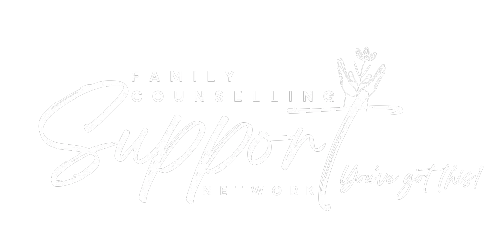

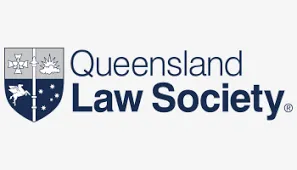
We are committed to protecting your personal information and respecting your privacy. This website uses cookies to analyze website traffic and optimise your website experience. By accepting our use of cookies, your data will be aggregated with all other user data.
DISCLAIMER: The material contained on this website is for general educational and information purposes only and is not a substitute for professional legal, financial, medical or psychological advice or care. While every care has been taken in the information provided, no legal responsibility or liability is accepted, warranted or implied by the authors or Family Counselling Support Network and any liability is hereby expressly disclaimed. For specific advice please contact us at [email protected]. All information contained on the website remains the intellectual property of Family Counselling Support Network and is for your personal educational use only. The information must not be reproduced or distributed without the express permission of Family Counselling Support Network.
Family Counselling Support Network acknowledges and respects the First Nations Custodians of the land where our offices stand, and where we work to help Australians. We pay respects to their Elders, past present and emerging, lore, customs and creation spirits. We recognise that these lands have always been places of ceremony, teaching, research and learning, and we acknowledge the important role Aboriginal and Torres Strait Islander peoples play in our community.
We are committed to providing an inclusive and accessible environment where people and communities of all identities and backgrounds are accepted, safe and celebrated.
Privacy Policy | Terms and Conditions
